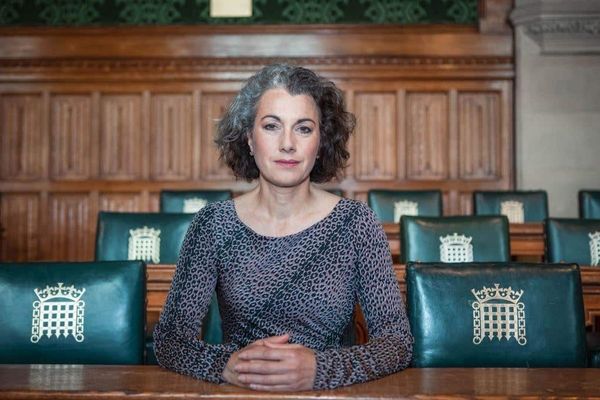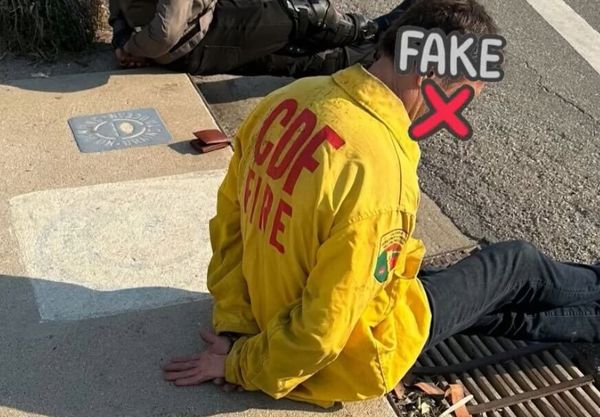
A Bengaluru-based journalist’s defiance against a police notice to reveal his sources has reignited an old debate: on balancing journalistic privilege in public interest.
G Mahantesh, journalist and founder of the Kannada news website File, had written a follow-up report after a series – exposing a teachers recruitment scam in Karnataka – on his website in November last year. The series had led to the arrest of 60 persons by the Karnataka Criminal Department. And the follow-up report pointed out that an official, who was among those arrested, was about to be reinstated to his position along with two others. A note to this effect was issued by the Public Instruction Department, and the File published a copy of the same.
The same month, an FIR was lodged by an education department official against unknown persons for allegedly accessing and leaking the document from the department’s e-portal. Mahantesh, however, was given a police notice only on January 5 this year.
“Why should I have to reveal the source? There should be a law to protect journalists. The IT Act is being misused, especially against people who write against the establishment. It has been done by all governments and it is done to suppress us. Just like there is a law being made to control digital media, there should be one to protect journalists as well,” the File founder told Newslaundry in an interview.
Watch the full interview here.
Mahantesh’s lawyer, BT Venkatesh, told Newslaundry that the department had not denied the veracity of the File report but is only using the police to expose the source. “We have categorically informed the police and advised Mahantesh to issue a reply saying the communication that was put on the File relates to the revocation of suspension and transfer of some officials. This is a public issue. Journalists are duty bound to protect their source. We have told the authorities that the only instance we can communicate is if it falls under the ambit of the Official Secrets Act. We have asked the police to tell us if this information comes under the OSA and we will take a decision accordingly.”
The notice to Mahantesh stated that the Bengaluru cybercrime police had filed a case after a complaint about leaking of documents from the education department. It said that these documents were published on the File so the website must furnish information about the source: their name, phone number, address and ID proof.
What’s the precedent?
There are no safeguards in India to protect journalists from having to reveal their sources. However, there have been court orders – either directing journalists to reveal the source or granting them immunity against being forced to do so.
In October 2021, while hearing a matter related to the Pegasus snooping controversy, a three-judge bench of the Supreme Court led by then CJI NV Ramana said that the protection of journalistic sources is one of the basic conditions of the media’s right to free speech and expression.
The court observed that if they do not have protection, sources would be deterred from assisting journalists in informing people on matters of public interest. This, they said, would be an assault on the role of the media acting as a vital public watchdog. So protection of sources was an important and necessary corollary of freedom of media, it said.
The high courts have earlier pointed out that a source must only be disclosed if it’s not against the public interest.
Hearing the 1986 contempt of court case of Jai Prakash Aggarwal vs Vishambhar Dutt Sharma, the Delhi High Court pointed to a careful consideration of public interest in any such case seeking disclosure of the source. It said that journalists, as a class, neither have absolute immunity against disclosing their sources, nor an absolute obligation. It said that before the court directs the disclosure of source, it must satisfy itself that it is in the nature of justice and is not against the public interest.
The Bombay High Court, while hearing the 1987 Javed Akhtar versus Lana Publishing Company Private case, observed that a disclosure of a newspaper's source of information should not be ordered if it is injurious to public interest. It said if a newspaper is told to name a source, its sources of information will dry up and the public would subsequently be deprived of disclosures of matters of public importance.
However, as mentioned by the courts, such a privilege could only be valid when the material published is in the public interest.
What does the law say?
While confidentiality of sources is crucial to the media’s ability to report matters of public interest, the journalistic privilege to not reveal sources is yet to be codified in law.
This is despite the 185th report of the Law Commission in 2003 recommending to the central government a legislation on this journalistic immunity.
In 1983, the commission, in its 93rd report on disclosure of sources of information by mass media, had recommended to the government that no court shall require a person to disclose the sources of information contained in a publication for which he is responsible, and where such information has been obtained by him on the express agreement or implied understanding that the source will be kept confidential.
The report also recommended inserting Section 132A in the Indian Evidence Act, 1872, so that no court could require a person to disclose sources of information in a publication where such information has been obtained by the person on the agreement or implied understanding that the source will be kept confidential.
Meanwhile, there are other laws that mention protection of sources but they do not extend to all journalists.
Section 15(2) of the Press Council of India Act 1978 points to this protection of sources but only for proceedings before the council – a statutory body and a self-regulatory watchdog of the press.
Even the Whistleblowers Protection Act, 2014, offers protection of sources only when the information is disclosed to a competent authority – not extending this protection to journalists putting out information in the public domain.
The Official Secrets Act, on the other hand, provides for the protection of official information and state secrets related to national security. Clause 6 of the Act says that since information from any government official is considered official information, it can be used to override RTI requests.
However, hearing a case pertaining to reports published by the Hindu on the Rafale deal, the Supreme Court had observed that the Right to Information trumps the Official Secrets Act.
Some claim that a mention of national interest in the law is prone to misinterpretation. In 2002, Kashmiri journalist Iftikhar Gilani was jailed for seven months under the OSA over a document available on the internet, but he was subsequently discharged.
Newslaundry is a reader-supported, ad-free, independent news outlet based out of New Delhi. Support their journalism, here.







